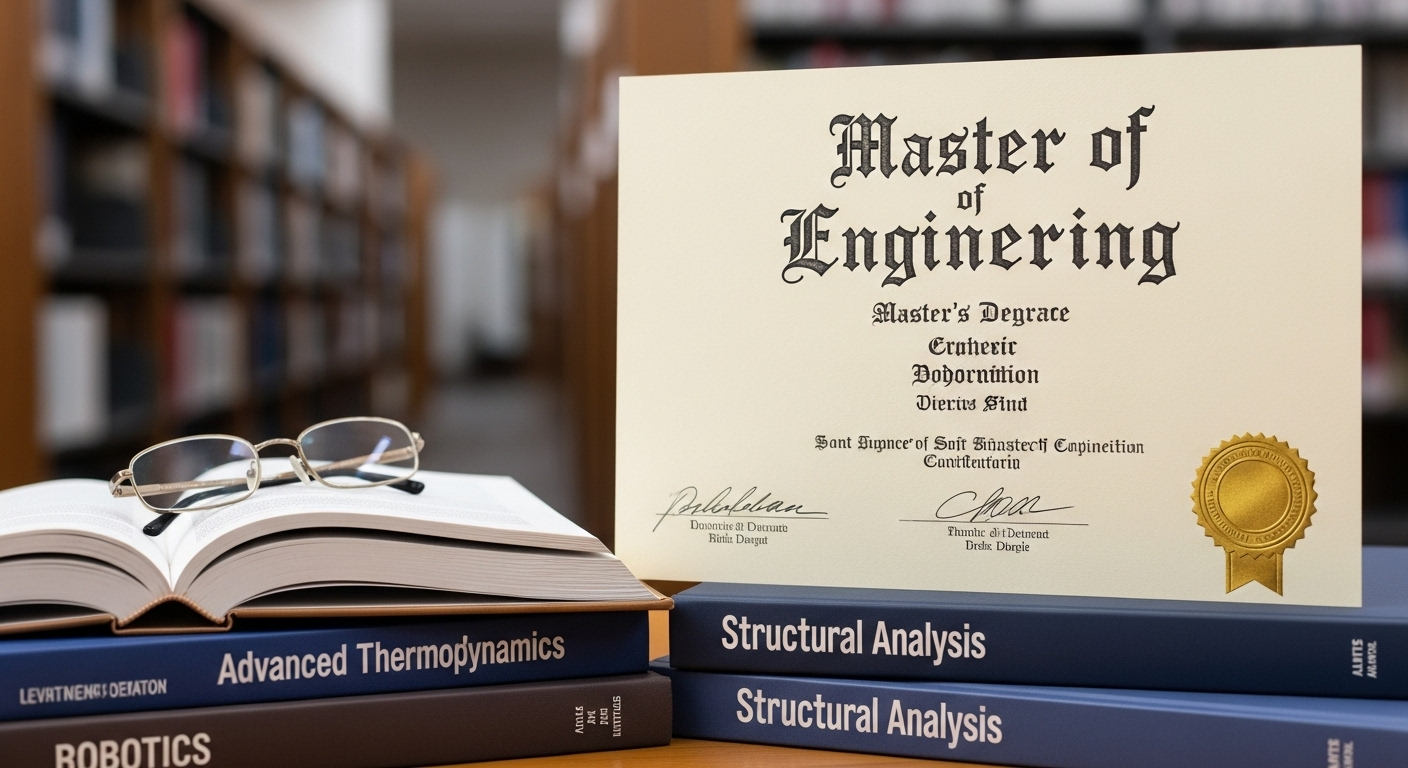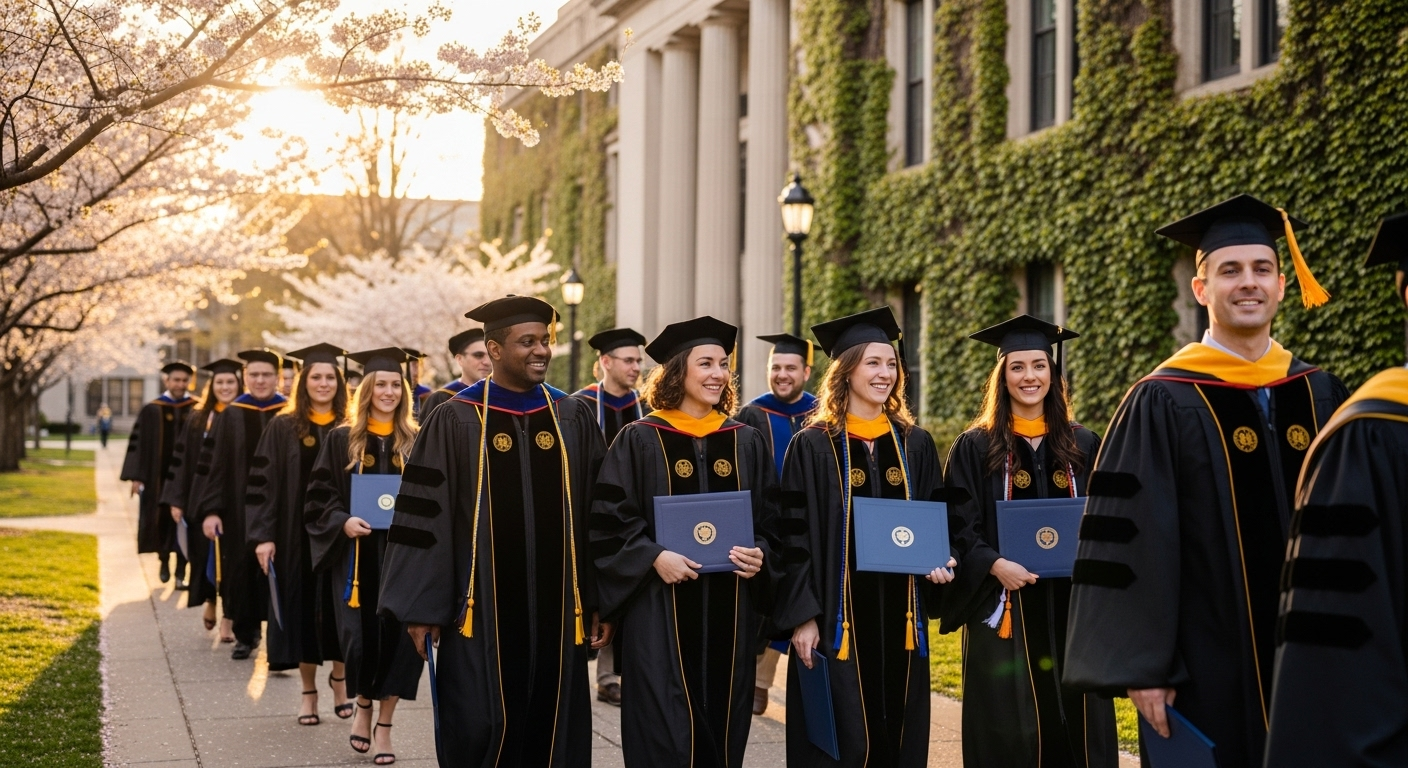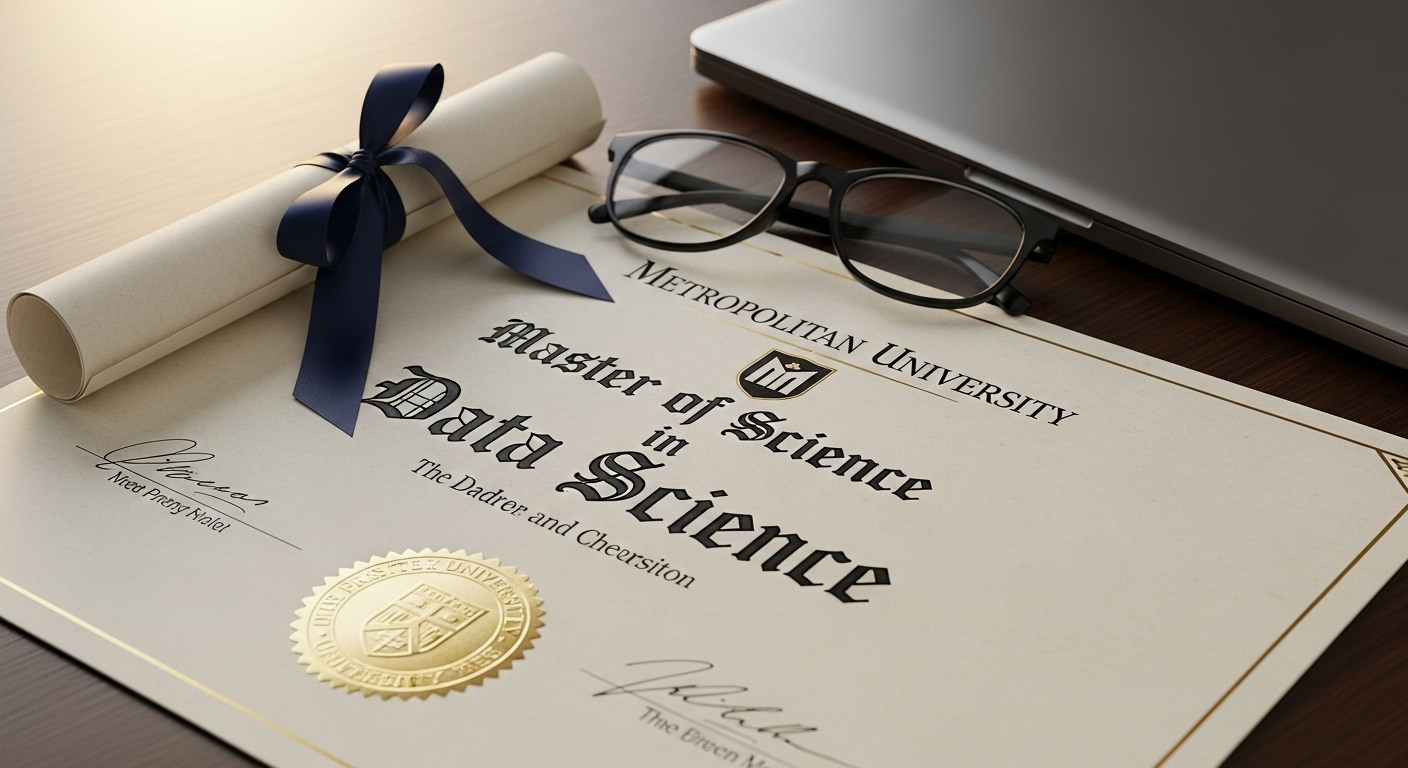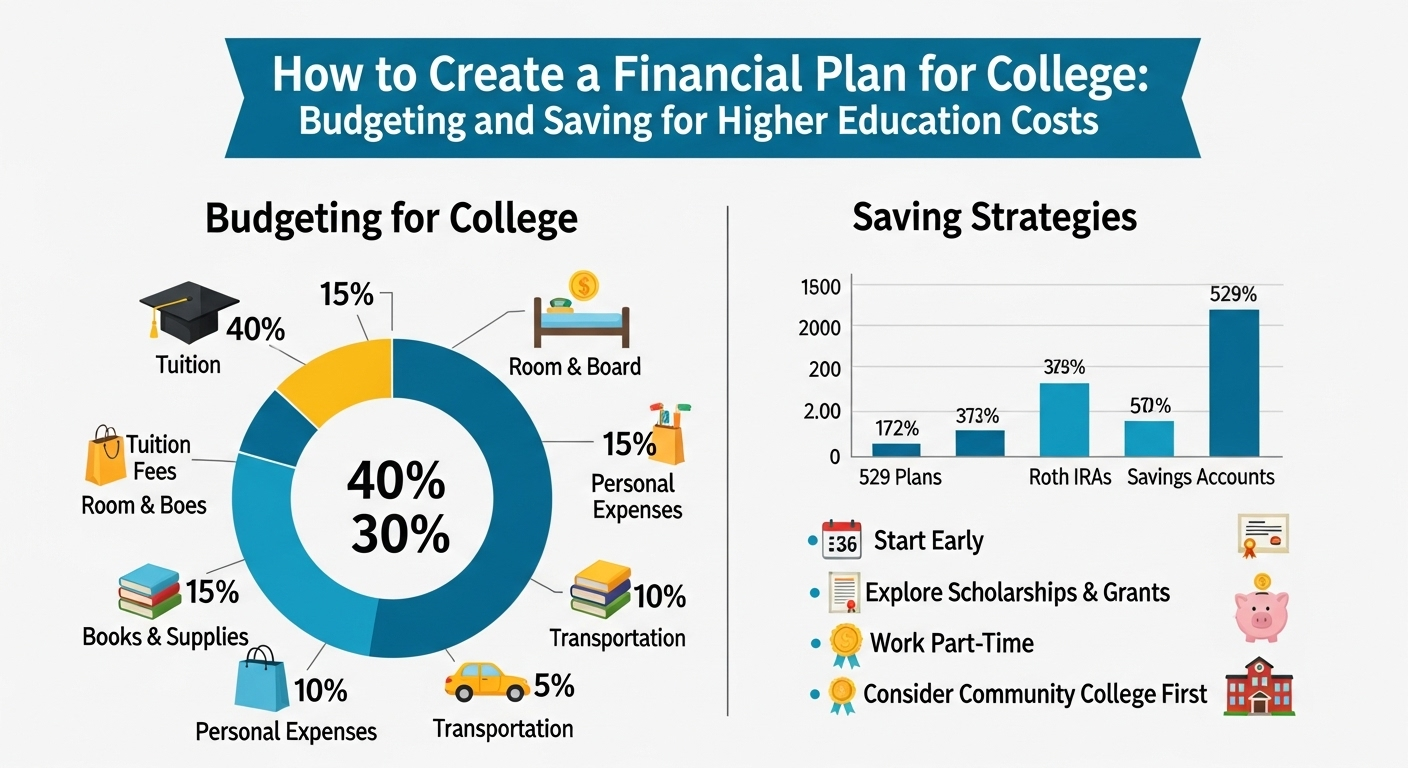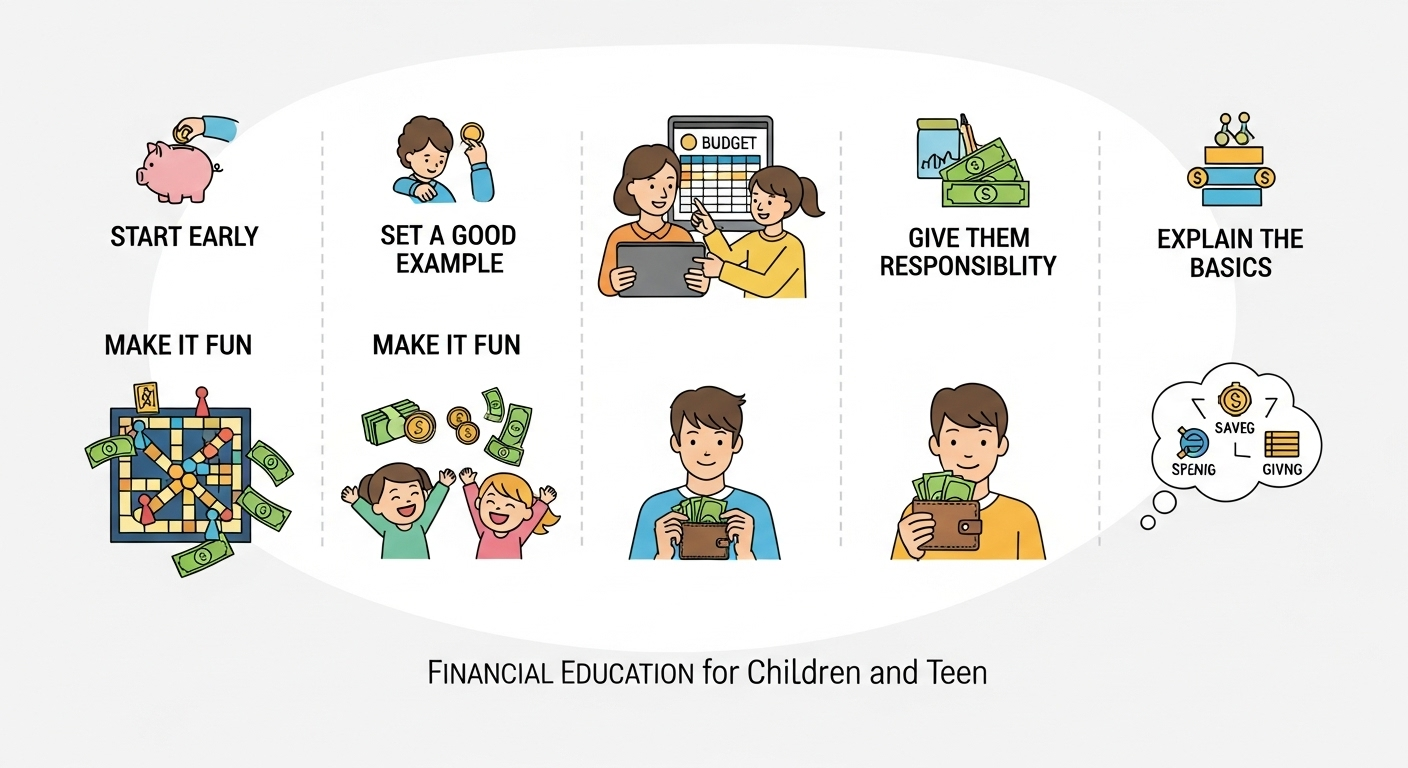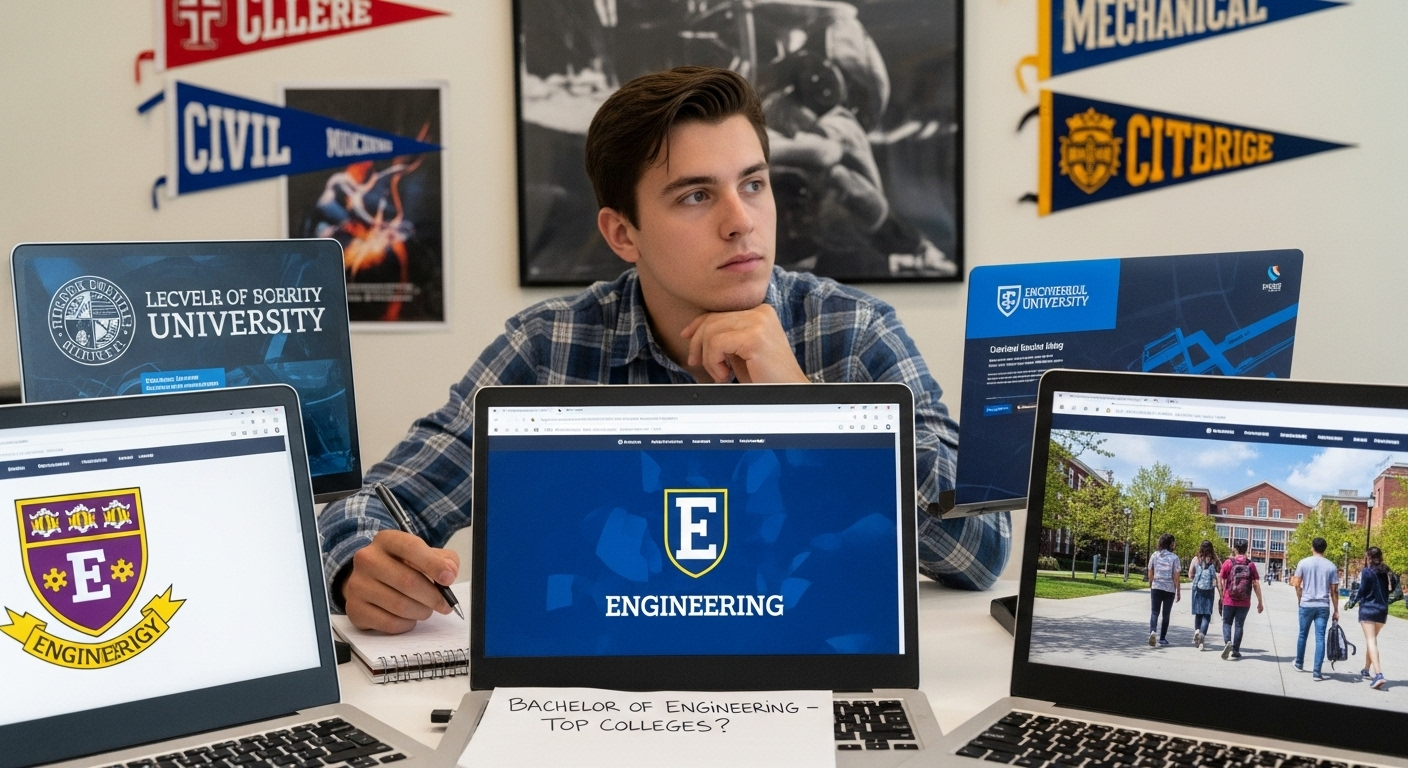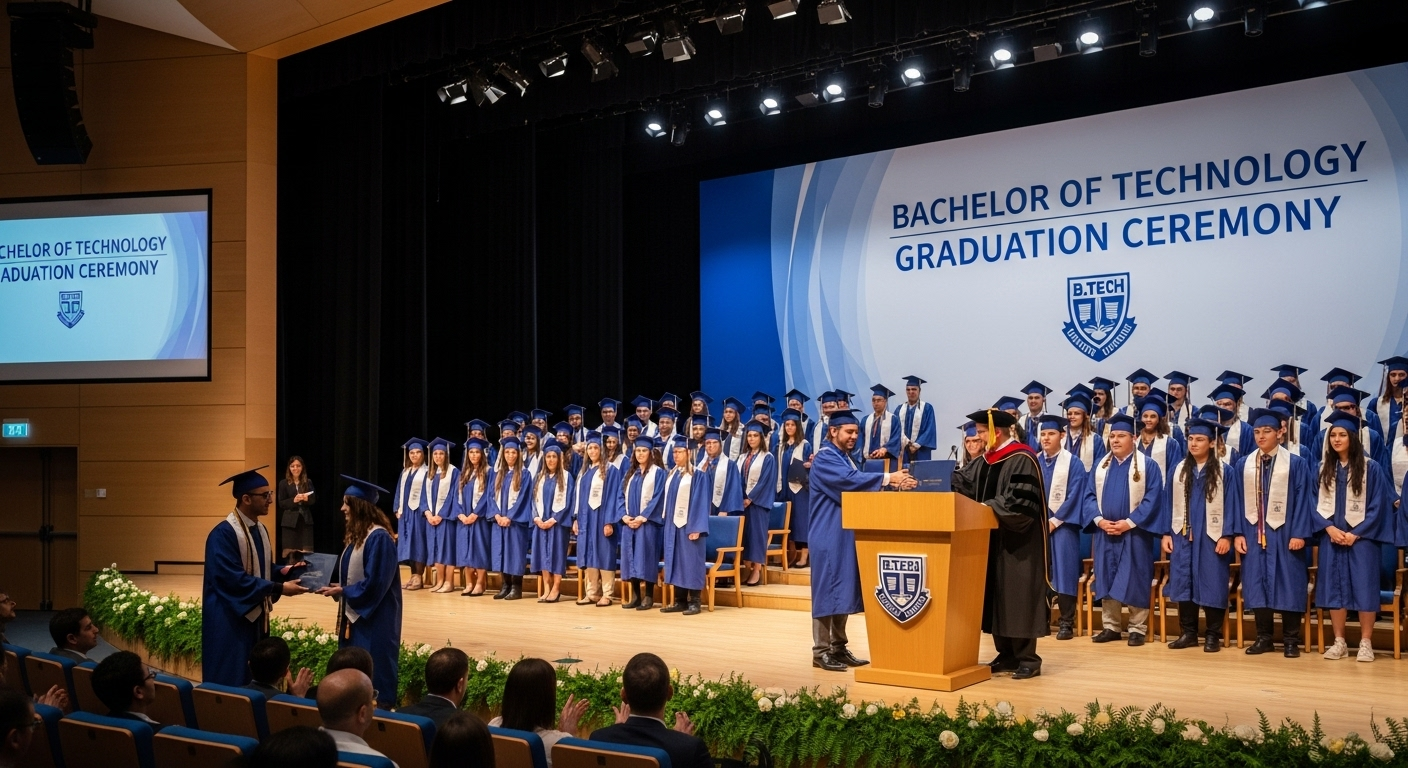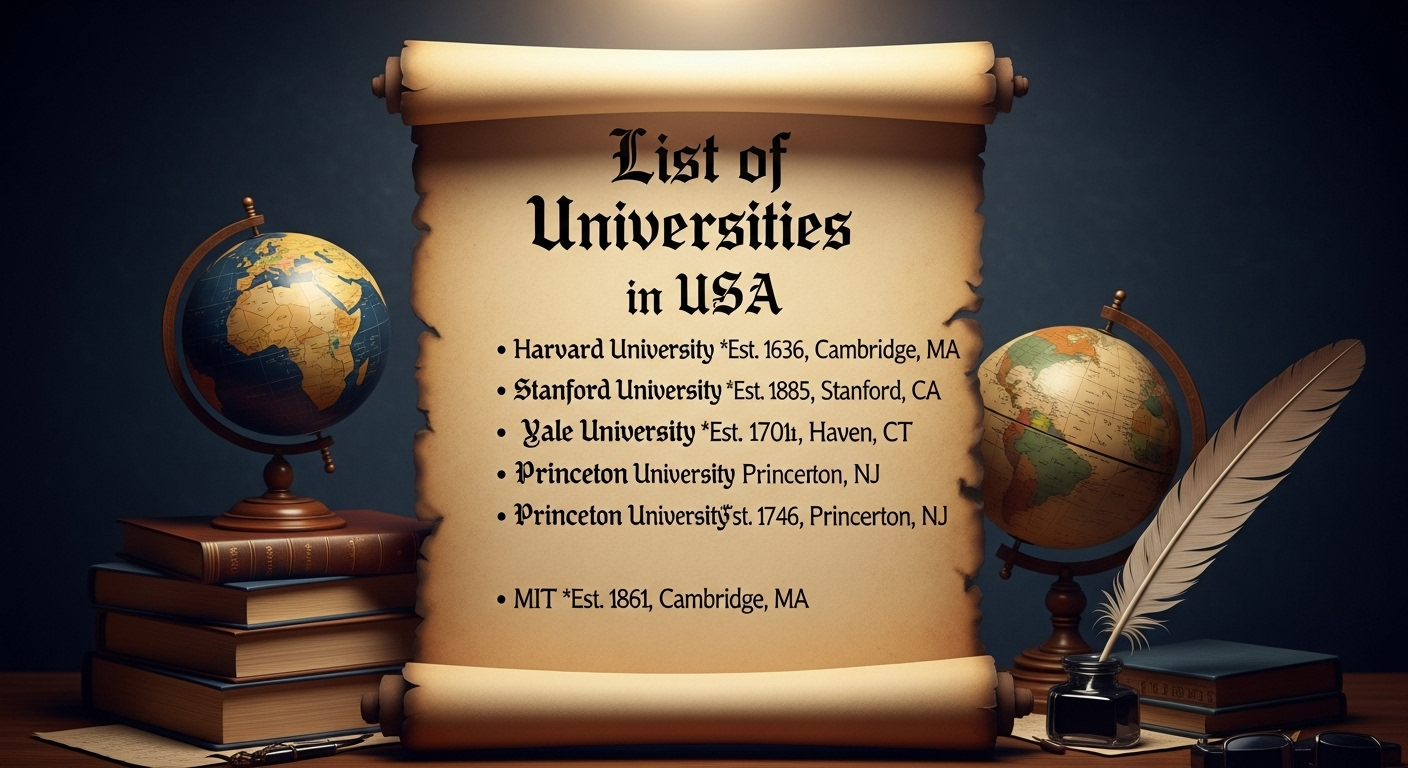
There’s a widely held belief, especially among students fresh out of school, that your education is something that is given to you. You get into a good college, you show up for classes, you listen to the professors, and in return, you receive an education. The college is the provider, and you are the customer.
I used to believe that too. For my first year of college, I did exactly that. I attended my classes, I took notes, I passed my exams. And yet, at the end of the year, I felt like I hadn’t really learned anything that mattered. It felt hollow. Something was missing.
That’s when I had a realization that completely changed my college experience and, frankly, my life. Education isn’t a product you buy. It’s an active process. It’s a treasure hunt. The college doesn’t just hand it to you; it provides the map. You are the one who has to go out and find the treasure.
Getting the “best education” has very little to do with having the best professors or the best library. It has everything to do with your own curiosity, your actions, and your mindset. So, let’s talk about the real treasure map.
Step 1: Escape the Tyranny of the Textbook
Your syllabus is your starting point, not your boundary. The students who get the most out of their degree are the ones who treat their classes as a springboard for their own curiosity. When a professor mentions an interesting concept, don’t just write it down for the exam. Go down the rabbit hole.
That evening, search for that concept on the internet. Read a blog post about it. Find a YouTube video that explains it visually. Go to the library and find a book on a related topic. This is where real learning happens, in the space beyond what is required. This is how you connect the dots and see the bigger picture, a skill highly valued in any field, from finance, as detailed by resources like Reuters, to creative arts.
I remember in an economics class, a professor made a passing comment about behavioral economics. It wasn’t on the exam. But it sounded interesting. I went home and started reading about it, and it opened up a whole new world that eventually shaped my career choices. Your prescribed curriculum is the basic meal; your self-driven exploration is the nutrition that will actually make you grow.
Step 2: Learn by Doing, Not Just by Memorizing
You can read a hundred books about how to swim, but you will never learn until you get in the water. Education is the same. The real value of a bachelor’s degree lies in applying the knowledge you gain in a real-world context.
So, how do you do this? Look for every opportunity to get your hands dirty. Join the coding club and work on a real app. Participate in a business plan competition. Write for the college newspaper. Volunteer for an NGO. Every single one of these experiences teaches you things that a classroom simply cannot: teamwork, dealing with deadlines, communicating with different kinds of people, and solving problems that don’t have a neat answer at the back of a textbook.
The most important thing you can do is an internship. Or better yet, multiple internships. This is where the theory you learned in class meets the messy reality of the workplace. An internship is your chance to test-drive a career, build real skills, and start creating a professional network. A single good internship on your CV is often more valuable to an employer than a slightly higher GPA.
Step 3: Build a Network of People, Not Just a List of Contacts
Many students think of their professors as just lecturers and their classmates as just competitors. This is a huge mistake. These people are your first and most valuable professional network. The “best education” you can get is often found in the conversations you have outside the classroom.
Talk to your professors after class. Ask them about their research. Ask for their career advice. Most professors are passionate about their subject and are thrilled when a student shows genuine interest. One good conversation with a professor can give you more clarity than a month of confused studying. They can connect you with industry professionals, write letters of recommendation, and become lifelong mentors.
And your classmates? These are your future colleagues, co-founders, and clients. Don’t just compete with them; collaborate with them. Study together. Argue and debate ideas. Work on projects together. The smartest people I know are the ones who built a strong support system of peers during their college years. True growth often comes from challenging and refining your ideas with others, a concept you can explore further on platforms dedicated to personal development like Liittle Wonder.
Remember, your education is not a solo journey. It’s a team sport.
FAQs: The Real Questions Students Ask
I go to a very average college. Can I still get a great education?
Absolutely. A great student in an average college will always, always outperform a passive student in a great college. The resources might be different, but the core principles are the same. Use the internet, which is the greatest library in the world. Start your own projects. Reach out to people on professional networking sites. Your drive and initiative matter far more than your college’s brand name in the long run.
How do I balance getting good grades with all these extra activities?
It’s about working smart, not just hard. The 80/20 principle applies here: 80% of your results often come from 20% of your effort. Identify the most important topics for your exams and focus your energy there. You don’t need to know every single word in the textbook. This frees up time for you to focus on practical projects and internships that build your skills and your CV. Employers care about your grades, but they care more about what you can *do*.
What if I don’t know what I’m curious about?
That is perfectly normal. College is the time to find out. The only way to discover what you’re interested in is to try a lot of different things. Go to a guest lecture on a topic you know nothing about. Join a club that feels completely out of your comfort zone. Read books from different genres. Say yes to new experiences. You won’t find your passion by thinking about it; you’ll find it by doing things. For more on this journey of self-discovery, you can explore resources like Liittle Wonder.
Is it okay to challenge what my professor is teaching?
A good professor will love it. Education is not about blindly accepting information. It’s about questioning, analyzing, and forming your own opinions. The key is to do it respectfully. Instead of saying, “You’re wrong,” you can say, “I read an article with a different perspective, could we discuss it?” This shows you are engaged and thinking critically, which is the ultimate goal of any true education.


